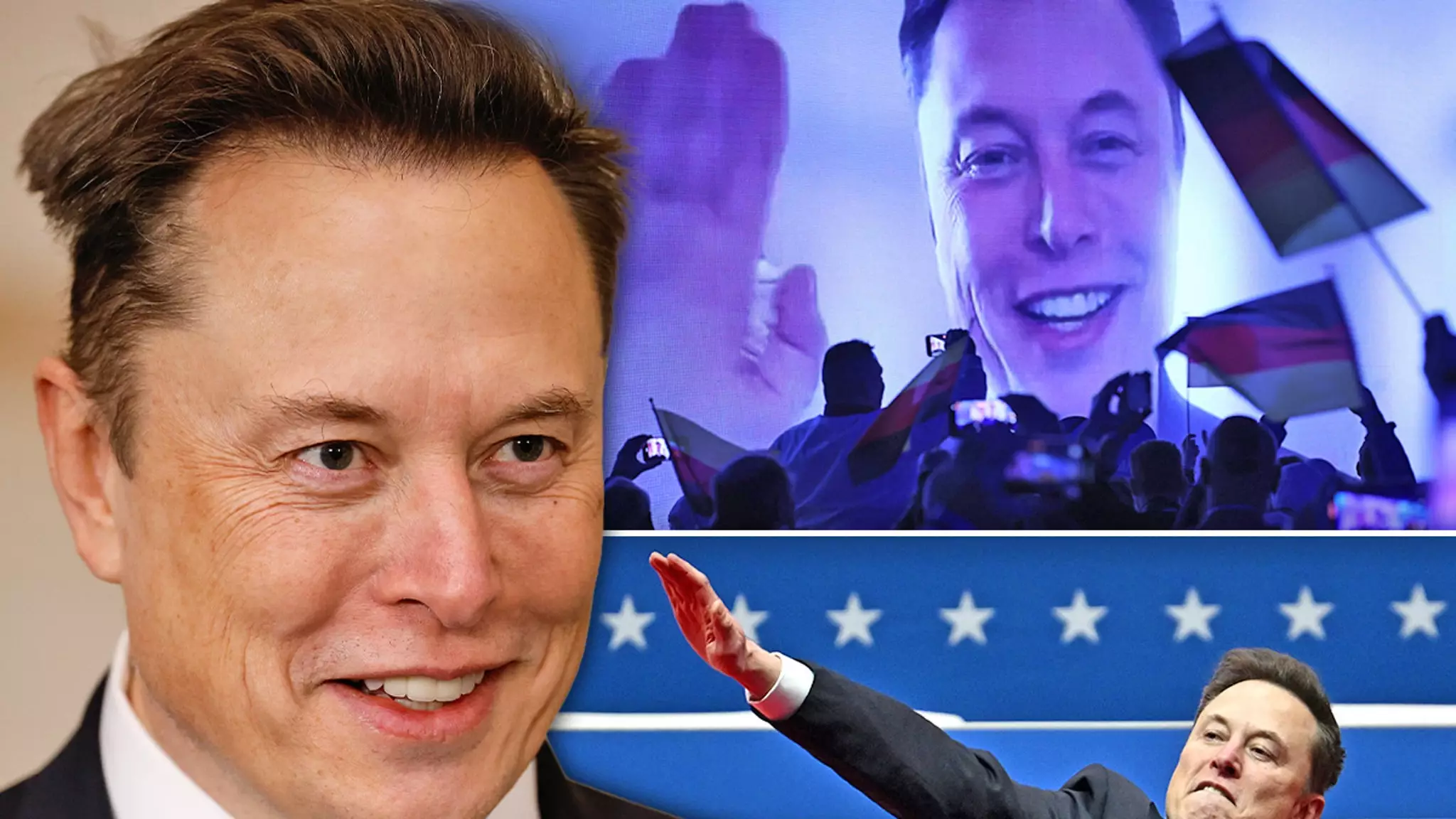In a recent unexpected appearance, Elon Musk delivered a speech to the Alternative for Germany (AfD) party, sparking significant controversy and debate. The AfD, a far-right political group in Germany, has been widely criticized for its nationalist and anti-immigration stances. Musk’s comments revolved around the theme of cultural pride and identity, encouraging Germans to move past historical guilt associated with the atrocities committed by their ancestors, most notably during the Nazi regime.
Musk’s address struck a chord with parts of the audience who felt a sense of disconnection from their cultural heritage. He asserted that Germans should not harbor embarrassment about their ethnicity or national pride. While he did not explicitly mention the Holocaust, many social commentators and critics have interpreted his remarks as an allusion to it, which has led to heated discussions on social media platforms regarding the implications of such statements.
By suggesting that Germans need to abandon their feelings of guilt over historical events, Musk has positioned himself as a controversial figure in the discourse surrounding national identity and historical accountability. Critics argue that dismissing historical guilt can lead to a dangerous oversimplification of complex moral issues. Such sentiments often arise in discussions about cultural and national identity, particularly in a nation grappling with the legacies of its past.
Moreover, language that advocates for preserving a singular cultural identity can unintentionally align with exclusionary or nationalist ideologies, especially when it dismisses the contributions of multiculturalism. The AfD’s agenda, which often targets immigrants and promotes a homogenous cultural narrative, resonates with Musk’s comments, leading many to question his intent and the broader implications of his message.
Reactions to Musk’s speech have been polarized. Supporters of the AfD may view it as a validation of their beliefs, further deepening the divides within German society. Conversely, opponents argue that such sentiments could contribute to a hostile environment for minority groups, particularly in a country that has made significant strides in addressing its past transgressions.
The timing of Musk’s remarks is particularly noteworthy, coming on the heels of a week filled with scrutiny over his perceived connections to extremist ideologies. Notably, an incident involving a gesture that echoed a Nazi salute further fueled the backlash against him. Although Musk insisted that the gesture was misinterpreted, the aftermath has highlighted how public figures must navigate the delicate intersections of culture, history, and contemporary politics.
Elon Musk’s speech has ignited a divisive discourse on issues of identity, pride, and guilt in Germany. While he may have aimed to inspire confidence in a national identity, the implications of his remarks have compounded fears surrounding nationalism and exclusion. In a world that increasingly values multiculturalism and inclusivity, it remains essential to engage thoughtfully with history while forging a path toward a more equitable future. The responsibility lies not merely in moving beyond guilt but in ensuring that the lessons of history inform a more humane approach to national identity.

